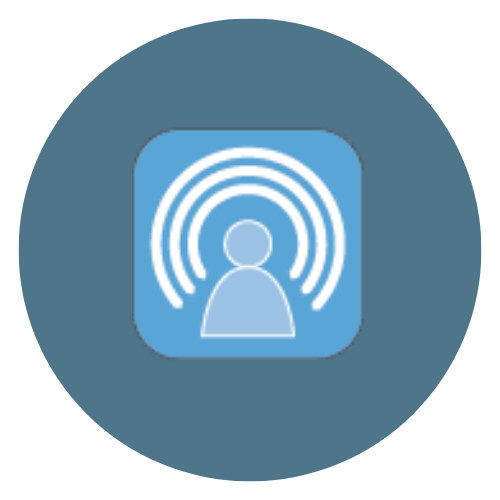Welcome to the UNCLCN Learning Portal
The UNCLCN Learning Portal contains oncology education videos presented by experts in North Carolina and throughout the US.
View our Live Webinars and Self-Paced Online Courses to earn free continuing education credit!
Free Continuing Education credits are available for:
Physicians, Nurses, Pharmacists, Pharmacy Technicians, Radiologic Technologists, and Oncology Data Specialists
Upcoming Live Webinar
|
Featured Course
 |
Patient Centered Care NCPD/CNE • ACPE • ASRT Ricardo Padilla, DDS View More Self-Paced, Online Courses |
Ready to Learn!
Please take a look at all our educational offerings. Continuing Education credits are available for healthcare providers in select webinars.
 | Live Webinars |
 | Self-Paced Online Courses |
 | All Webinars |
 | More about us |
Sign up for our newsletter or follow us on social media!
Recent Courses
Lee Dagenhart, RN, BSN, and Pati Morfeld, RN, BSN, OCN, will discuss providing thoughtful care for transgender patients going through oncology treatment. They will provide an overview of gender affirming care and associated vocabulary, describe the disparities faced by the transgender population, and provide an explanation of resources available to patients and providers to aid in caring for the transgender population undergoing cancer treatment.
|
Defining and unpacking the many different types of caregivers that serve as essential members of our oncology patients' care team, as well as the unique stressors and needs that they present.
|
In this webinar, Paul Perryman, MSN, MS, RN, NE-BC and Catherine Capp, MSN, RN, ANP-BC aims to define workplace violence and its impact in the healthcare setting. During this session, regulatory standards to address workplace violence will be reviewed as well as proactive strategies to reduce the risk of workplace violence and raise awareness on the incidence of workplace violence in the hospital setting.
|
Anne W. Beaven, MD, will review recent updates and evolving standard of care for management of Hodgkin and Non-Hodgkin lymphoma.
|
Cellular therapy as a form of immunotherapy is a rapidly growing field for a variety of diseases. Brianne Buchanan, PA-C, will survey some of the latest research involving CAR-T and similar cellular therapies that can go from the bench to the bedside. She will also describe the wide range of cellular therapy options available to consider these for patients.
|
Breast cancer management continues to evolve with tailored therapies allowing for a personalized approach to treatment. This is an update on current surgical considerations for breast cancer management.
|

 Facebook
Facebook X
X LinkedIn
LinkedIn Forward
Forward





